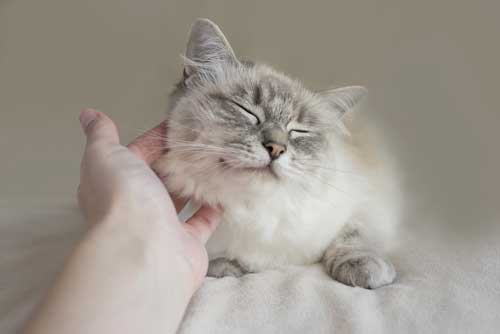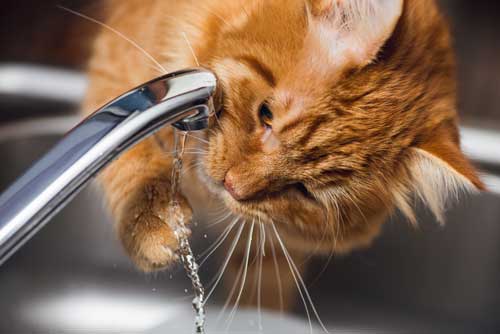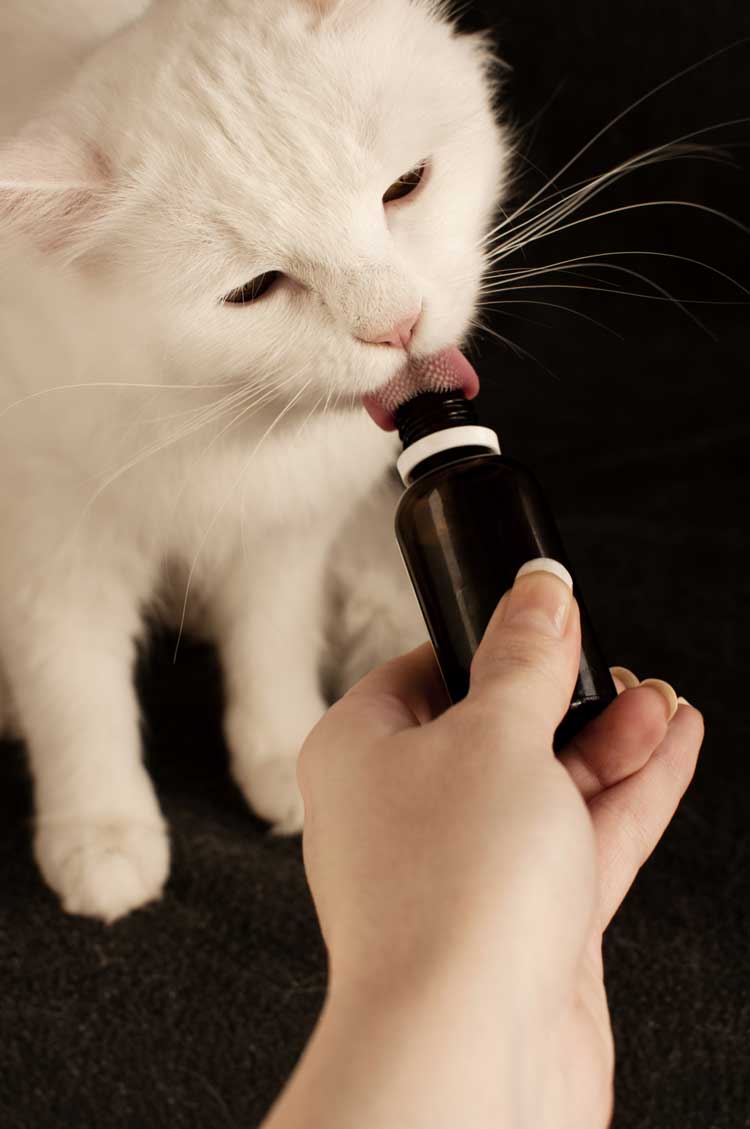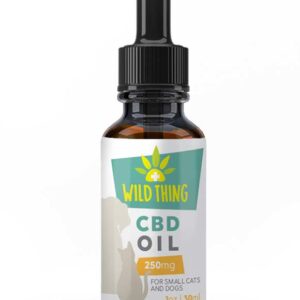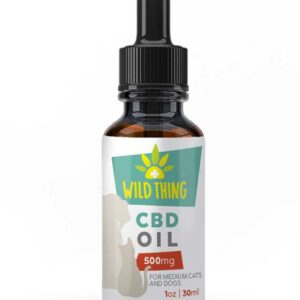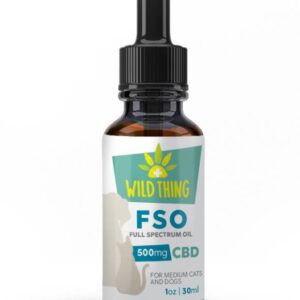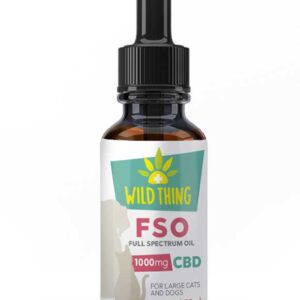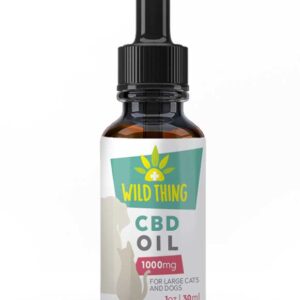Unfortunately, Kidney Disease and Kidney Failure are common afflictions in cats – specifically older felines.
Anywhere from 30-50% of cats aged 12+ will likely experience kidney disfunction. Kidneys play a vital role in the maintenance of healthy blood and keeping waste from saturating in the bloodstream.
Many cat owners are aware of the risk of their pet developing this disorder, but what causes kidney disease? How can it be avoided? What can loving owners do to protect their cats, and minimize the threats associated with this debilitating illness?
First, cat owners must understand the types of kidney disease – Acute & Chronic Kidney Disease – and then understand the causes/effects.
Ailment Guides:
feline kidney disease
What is Acute Kidney Disease?
Acute Kidney Disease is related to injury or sudden development of a kidney disorder – usually brought on by poisoning, shock, trauma or infection. Some of the most common causes are: infections, circulation problems or blood poisoning, serious injury to the lower-abdominal area (burst bladder, broken pelvis, ruptured/bleeding organs).
What is Chronic Kidney Disease?
Chronic Kidney Disorder is when continuous, consistent decline in kidney function occurs. Chronic Kidney Disease is generally more gradual, but can be just as serious if not more life-threatening as Acute Kidney ailments. Chronic disorders occur more frequently in middle-old aged felines, and persistently affects their kidney function for periods of months to years.
symptoms of feline kidney disease:
The likely causes of Chronic Kidney problems are: kidney infections or blockages (including kidney stones), injury to one or both of the kidneys, high-blood pressure, cancer/tumors, thyroid issues.In addition, regular brushings and bathing – or whenever your feline will cooperate – go a long way in maintaining your cat’s skin & coat health. Many irritants, toxins, poisons, allergens and harmful bacteria can be absorbed through the skin, and your cat’s fur may unwittingly pick-up or attract harmful substances that can linger and ultimately damage your cat’s coat.
Some Kidney Disease signs to watch out for:
- Increased thirst, decrease in appetite
- Frequent urination (in and out of litter-box)
- Bacterial infections in the bladder and/or kidney
- Weight loss
- Tiredness, fatigue, lack of interest
- Inability to sleep or remain comfortable (fidgety)
- Vomiting, diarrhea, constipation
- Bloody or discolored urine
- Mouth ulcers on the gums/tongue
- Bad breath
- Dry, disheveled coat
As a cat owner, you should always be vigilant of health risks for your beloved pets. Removing items or substances of risk is one of the most crucial – and often overlooked – steps in keeping a pet safe, healthy and happy. The same can be said for kidney disease: keep chemicals or potential poisonous substance like antifreeze out of reach. This may seem simplistic, but poisoning is one of the most common instigators for serious illness; our pets can find certain scents/tastes appealing, but won’t know if the substance is toxic or not.
Ensuring your cat is drinking enough water is another crucial factor to kidney vitality. How can I make my cat drink water? I can’t get my cat to bathe! Let alone stay hydrated… You might ask yourself this question, but studies have shown that cats prefer a steady-flow or consistently agitated source of water. In nature, many “big cats” intentionally seek out flowing water to drink from; this is an instinctual defense mechanism from bacteria/disease, as flowing water is more likely to have less stagnation/pollutants. Investing in a continuous-flow watering system for your cats, or simply turning the tap on low and urging your cat to drink, can be effective means of promoting hydration for your feline.
Learn More:
Cbd Is Here To Chill Out Anxious Pets Whether They Want It Or Not
Tips On Using Cbd Oil To Treat Your Pets
What Type Of Animals Can Benefit From Cbd Oil
How You Can Minimize the risk of Kidney Disease in Your Cat:
Why CBD can be an effective treatment & preventative for feline kidney disease
CBD – or Cannabidiol – can be very effective for reducing the risk of kidney disease.
CBD – or Cannabidiol – can be very effective at maintaining your cat’s skin & coat health. CBD oils and treats can assist in the prevention of infections and reduction of tumors. CBD also helps to lessen the effects of lethargy, gastrointestinal issues and skin & coat deterioration.
CBD is generally effective at treating the symptoms of kidney problems in your dog, but it is not formulated to treat the disease itself. Think of CBD as a supplement that can reduce the severity and frequency of most – if not all – of your cat’s kidney-related symptoms.
CBD is a phytocannabinoid that has been shown to have a prominent effect on numerous ailments – kidney disease. CBD does this by interacting with your cat’s endocannabinoid system. Almost all animals, like people, have an endocannabinoid system; this network of neurotransmitters is integral to physiological processes like memory, mood, pain, stress and appetite.
This complex biosystem is very prevalent in cats in comparison to other species. CB1 receptors affect the brain, lungs, vascular system and muscles, gastrointestinal function; whereas, CB2 receptors are linked to bones, skin spleen and glial cells. In combination, CB1-CB2 collaborate in influencing the overall immune system, liver, kidneys, bone marrow, pancreas and brainstem.
CBD can help your feline by producing anti-inflammatory, anti-anxiety, antipsychotic, antispasmodic and analgesic effects indirectly – that is, CBD interacts with your cat’s ECS (Endocannabinoid System) opposite to THC which directly binds to the Cannabinoid Receptors of the body. This does two things: makes the positive remedial properties more bioavailable to your cat; and lessens or negates the psychoactive effects, such as those associated with THC ingestion.
As you can see by the wide scope of ailments that CBD effects, it is clear how introducing CBD into your cat’s routine can help to maintain a healthy, balanced kidney system.
Ailment Guides:
Hotspots On Dogs
Sneezing Reverse Sneezing In Dogs
Travel Anxiety In Dogs

